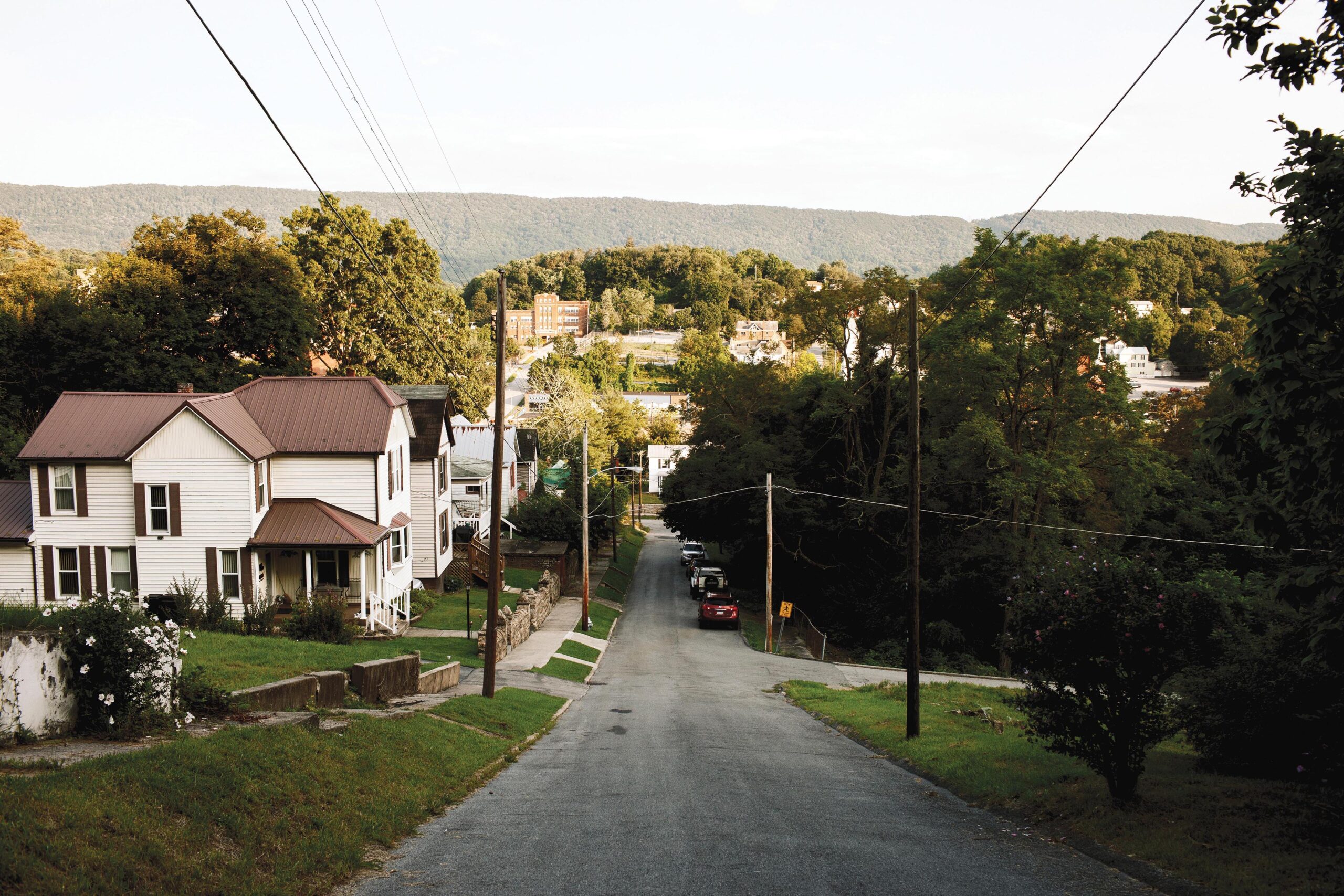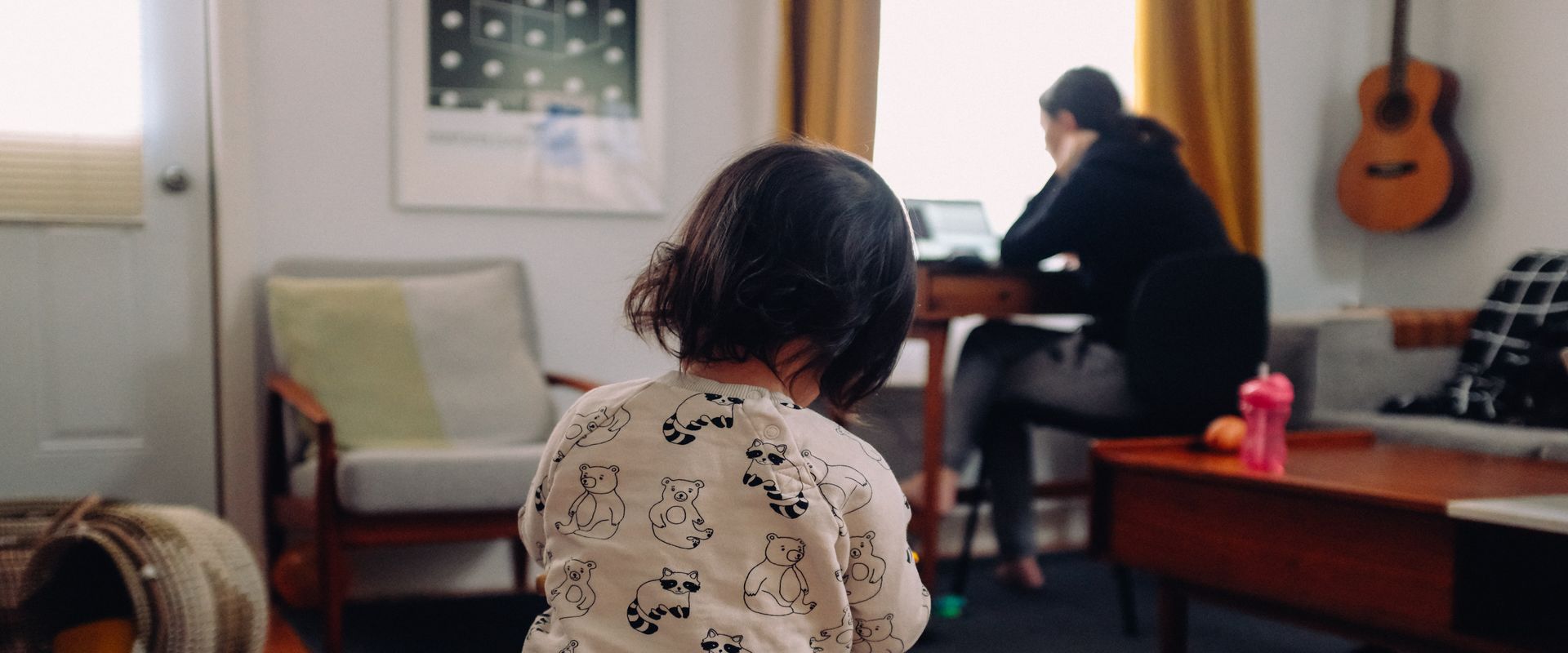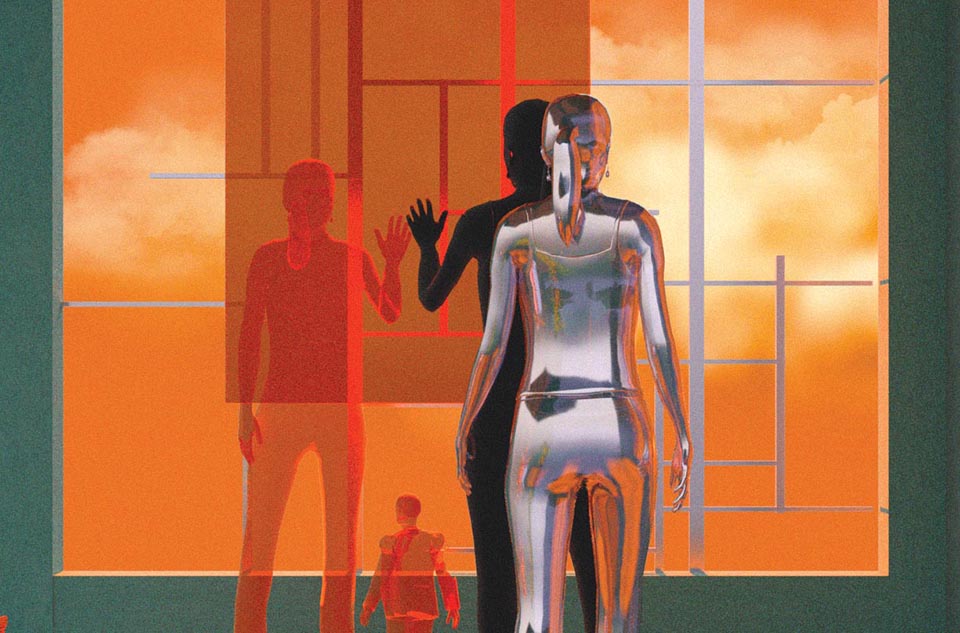The world as we know it stalled, and the world is no longer as we know it. If my calendar played out on schedule, I’d just be getting back from a work trip to Kansas City and I’d be prepping for an anniversary trip to Napa Valley. Our plans included driving our daughters to my parents’ in Florida, flying to California, and then getting everyone back together and back home in time for me to take another trip the following week. That agenda fit the pattern for the rest of 2020. Childcare and flight schedules. Conferences. Vacations. Weddings. Meetings. Those plans now belong to the far-away world of three weeks ago.
Now, three-quarters of us stay in our houses all day and all night under lockdown orders. The other 25 percent who aren’t officially sheltering-in-place, remain subject to social distancing guidelines. Thankfully, according to some reports, these efforts show positive early signs in slowing the virus. However, the societal effects of isolation, cultural and economic, only grow more catastrophic with unemployment hemorrhaging and entire industries vacuumed out. But to millions of Americans, the term “distancing” feels ironic. Because many of us actually arrive at each day with decidedly less space between us and other people, the other people who occupy our homes. Our children, on one hand, represent the great coronavirus quandary. And on the other, they’re the means by which we can survive — and the reason we must.
Nearly half of working-age American adults live with kids, and if you’re one of them, I don’t need to tell you that our houses offer anything but social distance. This undoubtedly strains people across the country, and we know parents who can’t stay home face a childcare nightmare due to the closings of schools and daycares. On the milder side, too, working during the lockdown presents gusts of disruption ranging from inconvenience to calamity. Given their linguistic and physical limitations, you’d think a two-year-old and a one-year-old would more easily defer to the tone of the house. They do not. Instead, they dominate every inch and almost every moment. In the old world, I would spend daytime hours sitting at a bar-height desk in a coworking space, but now I’m always feet away from spilled decks of Sandra Boynton books, repeating episodes of Daniel Tiger, and hourly events at the Little People princess castle. Our daughters run and demand and sing and fall and read. Over and over. They defy me to attempt to multitask, and they embody unproductivity. Yet they cram each moment they’re awake with a mysterious delight and the hours they sleep with chasmic meaning.
In the middle of the pandemic and the chaos it precipitates, my kids and yours can infuse life at home with joy, a balm for anxiety, and a path toward hope. I hear confirmation of this around the country. One friend in Fort Worth told me that being less tied to work allows him not only presence but also more patience with daughters. A friend in Louisville told me that, in all honesty, she and her three teenagers largely enjoy the change of pace and all their newfound time together. Another friend, who’s been shut up in a small apartment in San Francisco for more than a month with his wife and four-year-old, told me the time around his daughter has been profound, bonding them in ways he didn’t know were possible. Of course, no amount of silver-lining should fade the pain of, at the time of this writing, more than 40,000 deaths, with each inch of the country affected by loss. But don’t mistake time with kids as an assuagement for the seriousness of our moment.
A joy that comes from real time with our children is not like cheeriness or cheap happiness. It not only can coexist with somber reality, but real joy grows from it. I didn’t understand this until the day my older daughter turned one and caught a virus, not coronavirus but the milder HFMD. She spiked with fever, and I remember sitting in her room, holding her as she cried, sometimes in a whimper and sometimes in a wail. I felt less happy than perhaps I ever had. But I did feel a rooted kind of contentment. When my child was sick, I didn’t want to be anywhere else, and I didn’t want to be doing anything else.
Sadness and frustration and anxiety, the emotions that often breed discontent, braided into contentment and gave those moments purpose. That, I think, is what we mean by joy. The good vibes variety of happiness, you see, is about circumstances, and our circumstances are too dire for that kind of thing. Joy is the fruit of something deeper. You might think this kind of talk is a little lofty for what amounts to a lot of PBS Kids and board books. Hours of video games and maybe some spring cleaning. But when we talk about children we’re talking about the future, theirs and ours. And when we talk about joy, we’re talking about something bigger than all of us. Haven’t you noticed the odd language we use to talk about joy? “Found joy.” “Brings joy.” It’s like we instinctively acknowledge that joy isn’t transactional and it’s not inherent. It’s external and a bit mysterious, and it grows.
Right now, our homes are like gardens in which tasks are mainly boring, dirty, and too slow to seem like anything but a distraction. Cultivation takes time and presence, neither of which were often available three weeks ago. Yet in the work, if it’s good, there is an unspeakable depth — joy — that animates the stuff we otherwise view as mundane. And in the future, the fruit of that work ends up feeding us with a nourishment both physical and spiritual. We’re right to long for the post-outbreak world. For a vaccine. For herd immunity. For economic stability. But there’s an insidious temptation to accept the idea that we’re in a cultural hiatus, a purgatory, and that “normal” will mean breaking away from our homes.
For about 80 million Americans who, like me, are sheltering in a place full of children, meaningful work continues. And it gives us a chance to cultivate the future, like a garden, instead of just worrying about it. And to find joy along the distracting, uncomfortable, uncertain, and long road to get there.





